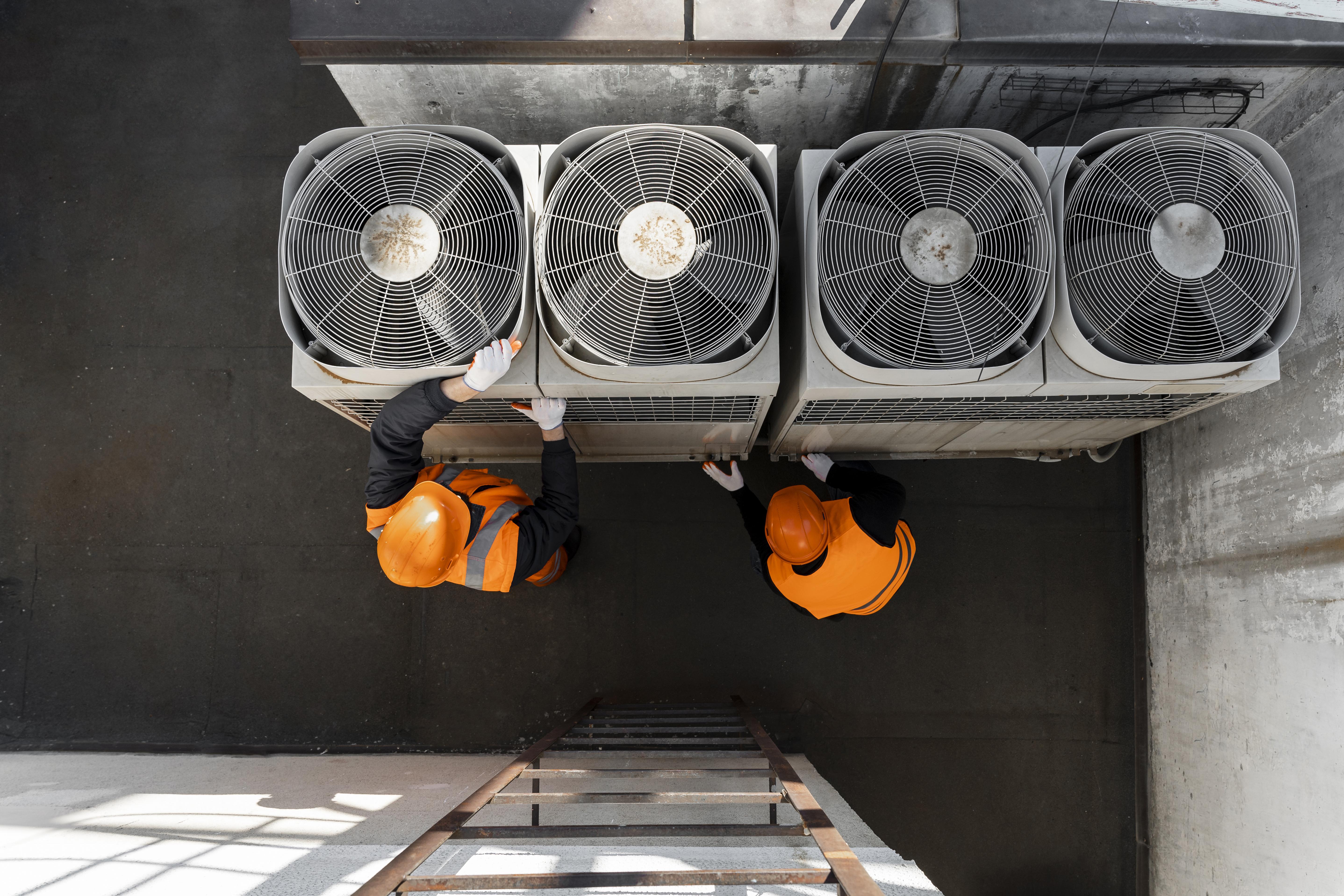
Visit Our Homepage | Book Online | Learn More About Us
Regular preventative maintenance is crucial for maintaining the efficiency, reliability, and longevity of HVAC (Heating, Ventilation, and Air Conditioning) systems. By implementing a proactive maintenance schedule, you can prevent costly breakdowns, ensure optimal performance, and extend the lifespan of your HVAC equipment. Here’s why preventative maintenance matters and how to execute it effectively:
Importance of Preventative Maintenance
- Enhanced Efficiency: Regular maintenance keeps HVAC systems running at peak efficiency, reducing energy consumption and lowering utility bills.
- Improved Reliability: Preventative maintenance identifies and addresses potential issues before they escalate into major problems, minimizing unexpected breakdowns and disruptions.
- Extended Lifespan: Proper care and servicing can extend the lifespan of HVAC equipment, delaying the need for costly replacements.
- Maintained Indoor Air Quality: Clean filters and ducts improve indoor air quality by reducing dust, allergens, and pollutants circulated through the HVAC system.
How to Perform Preventative Maintenance
- Schedule Regular Inspections: Arrange for annual inspections by a qualified HVAC technician. They will assess the entire system, checking components such as coils, motors, belts, and refrigerant levels. Book an inspection today.
- Clean and Replace Filters: Dirty filters restrict airflow, reducing efficiency and potentially causing damage. Replace or clean filters every 1-3 months, depending on usage and filter type.
- Inspect Ductwork: Leaky ducts can waste energy and compromise comfort. Seal leaks and insulate ducts to improve efficiency and ensure proper airflow.
- Check Thermostat Settings: Verify thermostat settings for optimal comfort and energy efficiency. Consider upgrading to programmable thermostats for automated temperature adjustments. Learn more about our thermostat options.
- Inspect Electrical Connections: Faulty electrical connections can be hazardous and affect system performance. Inspect and tighten connections as needed to ensure safe operation.
- Lubricate Moving Parts: Lubricate motors, bearings, and other moving parts to reduce friction and wear, extending their lifespan and maintaining efficiency.
- Monitor Refrigerant Levels: Improper refrigerant levels can affect system performance and efficiency. Ensure refrigerant levels are correct and leaks are promptly repaired. Schedule a refrigerant check.
- Clean Evaporator and Condenser Coils: Dirty coils impair heat transfer and reduce efficiency. Clean coils annually to maintain optimal performance.
- Inspect and Clear Drain Lines: Clogged drain lines can lead to water damage and system malfunctions. Regularly inspect and clear drain lines to prevent blockages.
- Verify System Controls: Test HVAC system controls to ensure proper operation and response to thermostat settings. Calibrate controls as necessary for accurate performance.
Benefits of Professional Maintenance
- Expertise and Experience: HVAC technicians have specialized knowledge and tools to perform thorough inspections and maintenance tasks effectively.
- Compliance and Warranty: Regular professional maintenance may be required to maintain manufacturer warranties and ensure compliance with equipment specifications.
- Peace of Mind: Knowing your HVAC system is properly maintained reduces the likelihood of unexpected breakdowns and ensures comfort year-round.
Conclusion
Preventative maintenance is a proactive approach to HVAC care that offers numerous benefits, including improved efficiency, reliability, and longevity. By following a structured maintenance schedule and relying on professional expertise when needed, you can optimize your HVAC system’s performance, minimize downtime, and reduce long-term operating costs. Investing in preventative maintenance ensures your HVAC system operates efficiently and reliably, providing comfort and peace of mind for years to come. For more details on our preventative maintenance services, contact us here.
